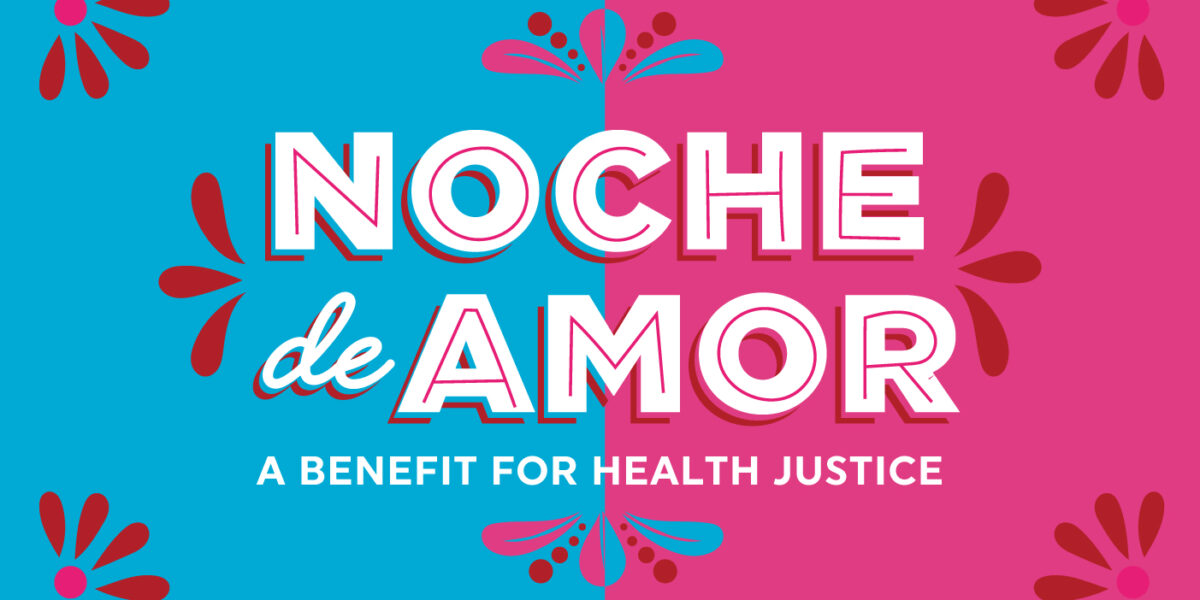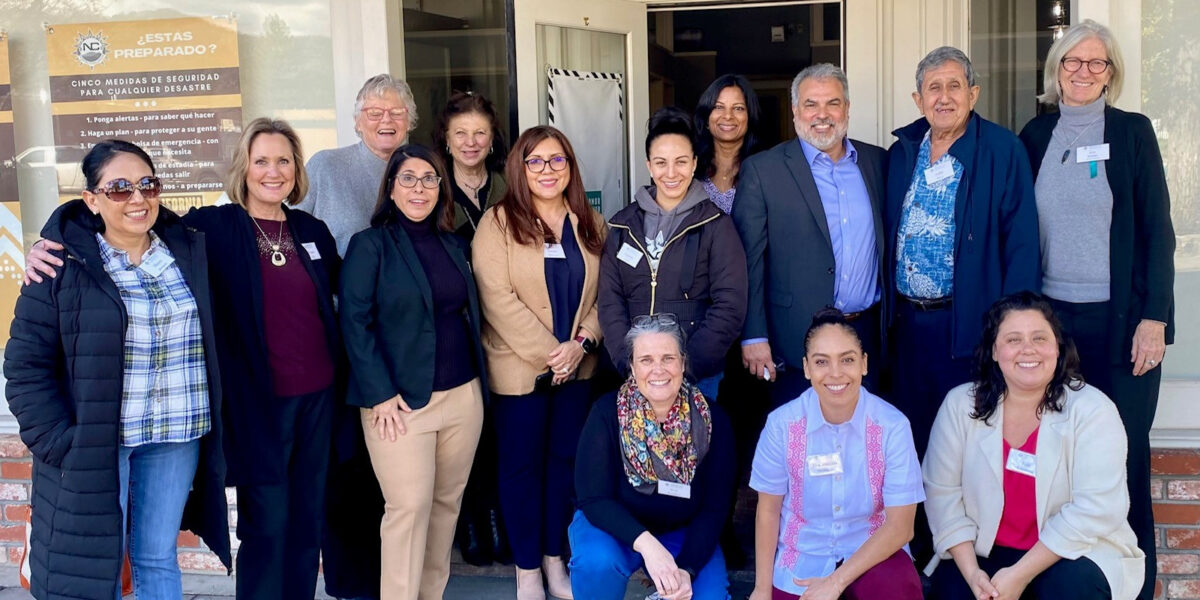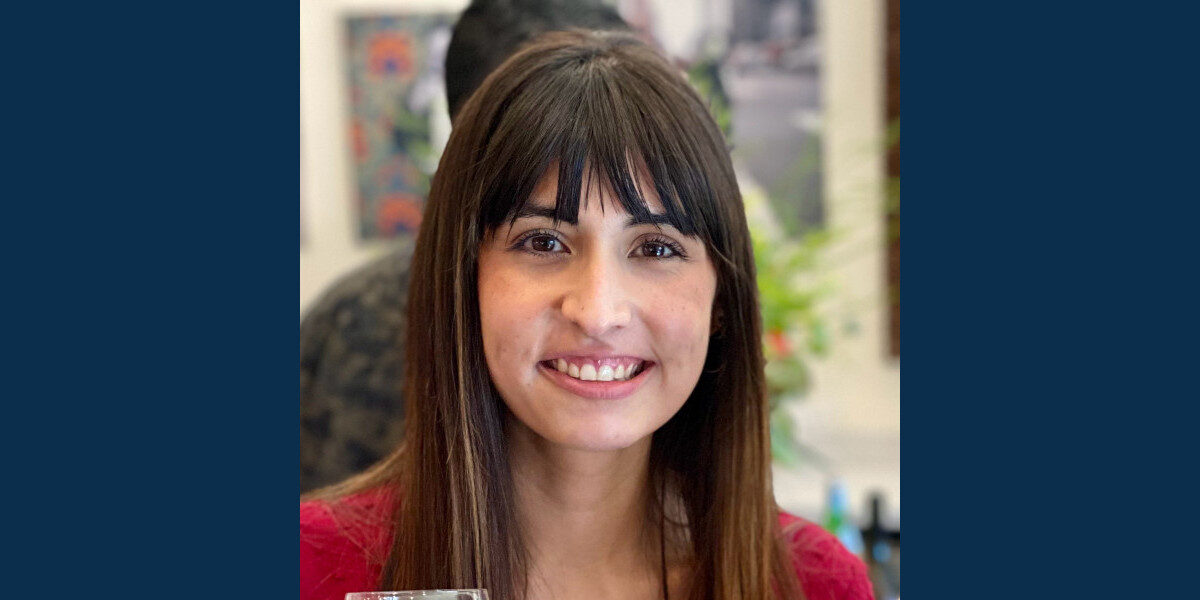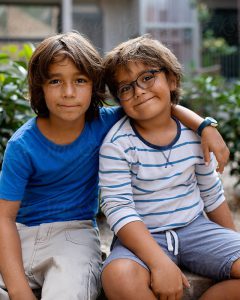
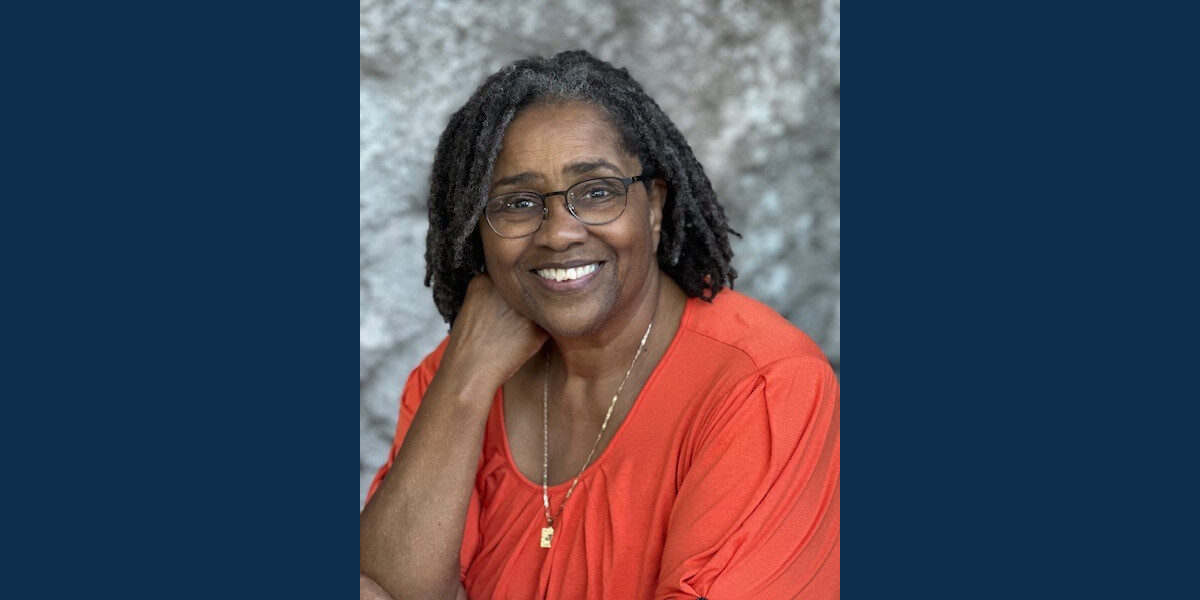
Donor Spotlight: A Conversation with Isoke Femi
2 min read. We're pleased to introduce you to Healthcare Hero Isoke Femi.
Isoke Femi and her wife Anne have lived in Santa Rosa since 1998. They had enjoyed living in other parts of the North Bay before that, but Santa Rosa felt most like home, according to Isoke. “It’s a growing community,” she says of Santa Rosa today. “It was smaller when we got here; it had a little more of a hometown feeling to it. But even now, Santa Rosa has a vibration to it that is accepting, there’s a lot of diversity here.”
Isoke recently retired from GLIDE Foundation in San Francisco, where she worked for many years as the Maven of Transformative Learning in the storied nonprofit’s Center for Social Justice. In that role, Isoke shaped programs and facilitated discussions among staff and community members that sought opportunities for understanding and empathy across the categories that tend to divide people.
One of the larger programs she worked on at GLIDE was a yearly trip to Alabama with staff and community members, including members of the UCSF Medical School faculty and administration, to learn from and dialogue with counterparts and colleagues at the intersection of racial, social and health justice. The annual Alabama Pilgrimage has to date, according to Isoke, included a total of about 30 UCSF healthcare professionals and staff since the program began in 2018.
Isoke and Anne have been supporters of the Healthcare Foundation since 2021. We recently spoke with Isoke about why she chooses to support the Healthcare Foundation and what health equity means to her.
What makes you want to support the Healthcare Foundation?
In all honesty, when we looked at our financial picture, we realized that we’re not giving enough. We decided that this year we’re going to amp up our giving. When we were younger we’d been on the receiving end of help, so we realized we don’t even know how to think about this! So we have an organization that’s helping us with our financial planning. I think it was Kim [Bender] who made me think of the Healthcare Foundation.
“I believe everybody should be able to go somewhere when they need help and be treated, be treated well, and be treated with dignity and with consideration for their differences.”
Isoke Femi
What does its focus on health equity mean to you?
Our healthcare system in general is just in shambles. I’m fortunate, we have Medicare. And I’m in good health. So far, I’m OK. But so many people don’t have the fundamentals. Just the fundamentals! Somehow we’ve moved away from the idea that healthcare should be available to everyone. I believe everybody should be able to go somewhere when they need help and be treated, be treated well, and be treated with dignity and with consideration for their differences. I mean those differences that are sometimes considered a barrier to access.
You know that trip to Alabama we organize with GLIDE: Every year we take a bunch of people from UCSF, from all levels of the organization. Last year, there was this one guy from UCSF, Hal, a great guy, who does a lot of research there. I sat with him on the bus one day and admitted to him, “I still can’t wrap my brain around why we bring healthcare people on this trip rather than, say, prison reform people, you know?” He understood, but he also said, Isoke, from my point of view, every ill that our society has is condensed and in the medical system. Everybody comes into healthcare—every class, every kind of body, every race, and so on. He felt the healthcare system is where you can make some real inroads in solving these societal problems, because it’s all there—all the sickness, all the misinformation, all the conditioning that makes some people not receive the good care they deserve. I had never thought of it that way. But now I see that if you can make positive changes in that system, you’ve really done something.
What do you appreciate about living in northern Sonoma County?
I don’t want to say everything’s perfect here, because Santa Rosa has its issues like anywhere else. But on the whole, I feel really happy to know that I’m in a place where there’s still concern for, and a desire to help people in need.

Related News + Stories
Invest in Our Community
Your support is vital to our collective vision of eliminating health inequities in northern Sonoma County.
Donate
